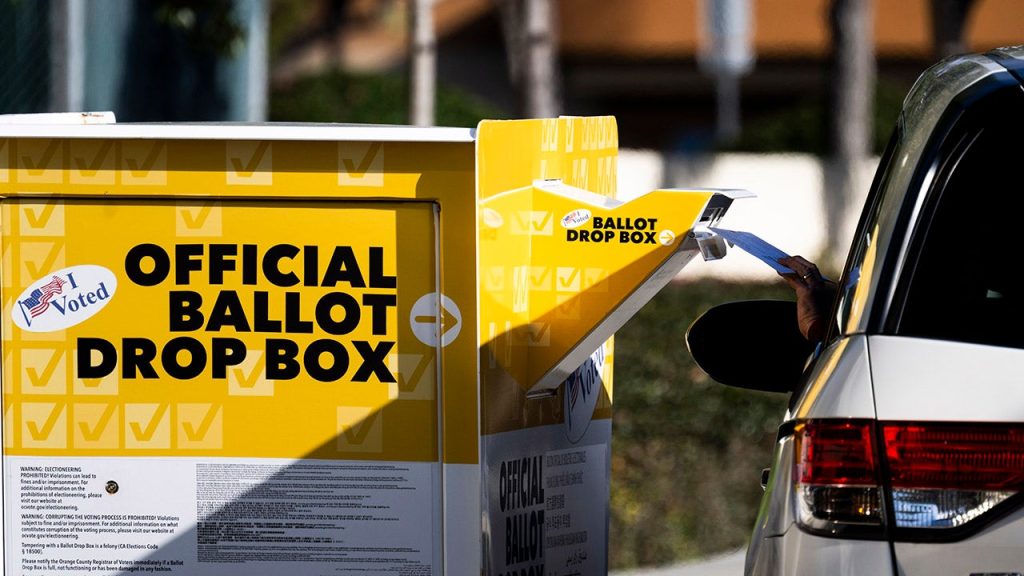Twenty-five state attorneys general have filed amicus briefs with the Supreme Court in support of an emergency stay that would allow Arizona to require proof of U.S. citizenship to vote in federal elections. The Arizona law, HB 2492, mandates proof of citizenship for ballots, even if they are filed by mail. The Republican Party of Arizona filed the emergency application pending appeal from the U.S. Court of Appeals Ninth Circuit, with the goal of ensuring only citizens can vote in elections. Attorneys general from 24 other states, including Texas, Florida, and Georgia, are backing the brief, arguing that states have the right to set voter qualifications.
The Dhillon Law Group, which filed the brief, contends that the Constitution supports Arizona’s requirement for proof of citizenship to vote in elections and that the court should immediately stay the injunction that interferes with the state’s power to choose how it appoints presidential electors. Despite legal challenges, a non-partisan group called the Honest Elections Project supports the requirement for proof of citizenship, stating that states have the right to secure their own elections. Another emergency application for stay by the Republican National Committee raises concerns about voter integrity, particularly in light of the growing number of “illegal aliens” in the country, which could create opportunities for voter fraud.
The Republican Party of Arizona argues that preventing non-citizen voting should have been the norm all along and that the law has the potential to stop such practices. The attorneys general supporting the emergency stay believe that states should be able to set their own voter qualifications and are united in backing Arizona’s efforts to ensure that only citizens can vote in elections. The concern about voter integrity remains at the forefront of these legal battles, with the idea that unchecked non-citizen voting could lead to potential voter fraud.
The issue of non-citizen voting is a growing concern, especially with the estimated 11 million illegal aliens in the country. The Republican National Committee argues that each of these individuals represents a potential for voter fraud, and the problem could be exacerbated as the number of illegal aliens continues to rise. The emergency applications for stay filed by various groups and attorneys general aim to address these concerns and ensure that states have the ability to secure their own elections by requiring proof of citizenship to vote.
The legal battle over Arizona’s law requiring proof of citizenship for voting in federal elections has garnered significant support from attorneys general across the country. The push to prevent non-citizen voting and uphold voter integrity is at the forefront of these efforts. As the case moves through the courts, the Supreme Court will need to decide whether states like Arizona have the authority to set voter qualifications, including the requirement for proof of citizenship. The outcome of this legal battle could have far-reaching implications for election laws and practices across the country.













